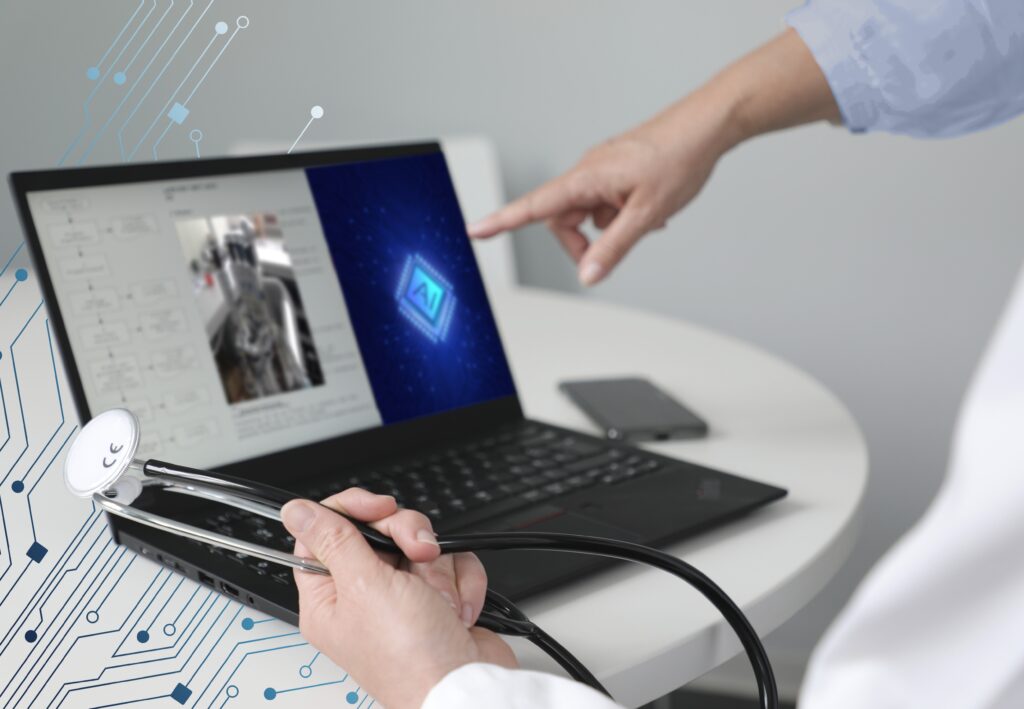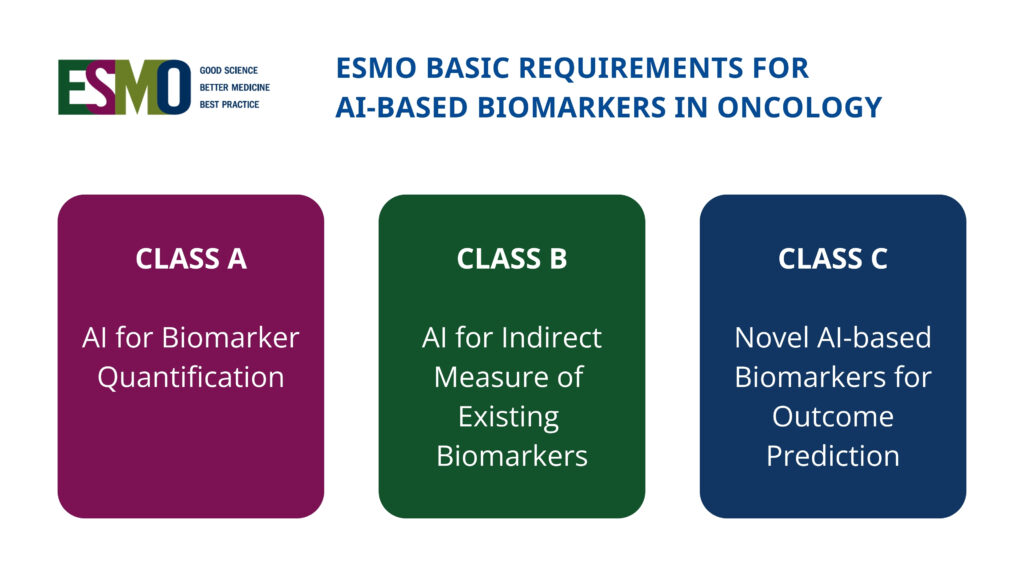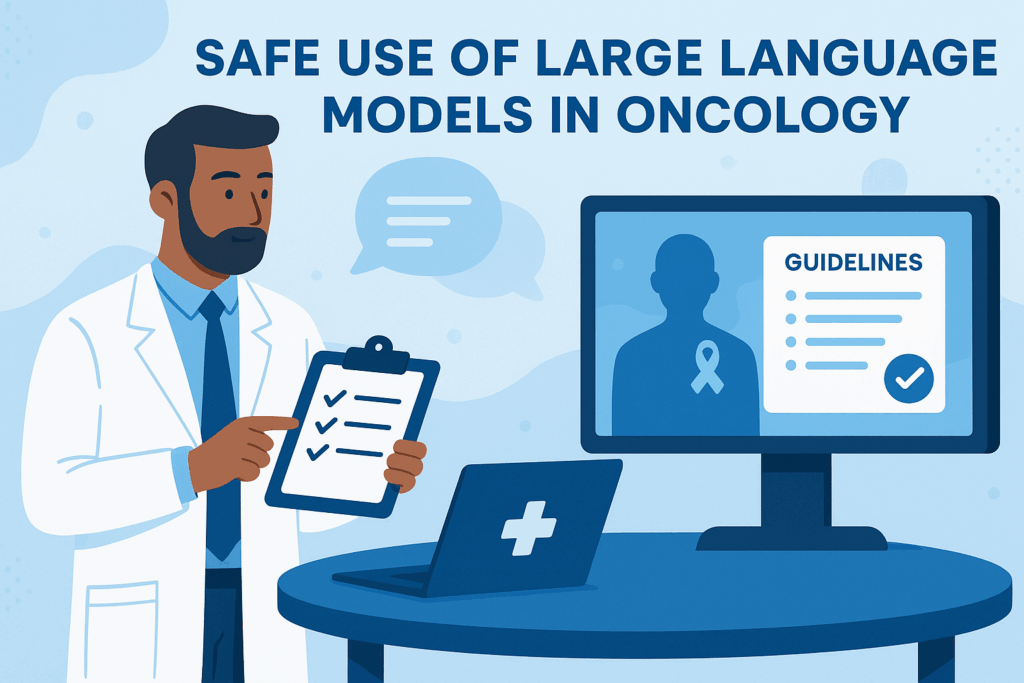“We are aiming for an integrated, AI-based product safety risk monitoring approach that would operate across the entire lifecycle of medical software, from development to certification to product monitoring”, explained Prof. Dr. Stephen Gilbert, Else Kröner Professor of Medical Device Regulatory Science at the EKFZ for Digital Health at TU Dresden.
Previous safety documentation and risk assessment
Software-based medical devices are more agile, complex and interconnected than traditional medical devices. Formal proof of safety, which is necessary for certification, is therefore becoming more difficult and time-consuming. Currently, manually created tables and text documents make safety documentation and risk assessment difficult for all parties involved. In product development, the problem is that the development process, safety documentation and safety verification are not electronically integrated. “We expect with KIMEDS not only to produce evidence more quickly, but also to increase the transparency of safety evidence, with a positive impact on patient safety as well as the subsequent clarification of incidents,” says Dr. Georg Heidenreich, Quality Manager at Siemens Healthcare GmbH. For the regulatory authorities, familiarization with the partially extensive documentation of the certification documentation for clinical trials or risk reports makes efficient risk assessment more difficult. This has a potentially negative impact on the initiation of corrective action to ensure patient safety. “The intended implementation of the assurance case in risk documentation opens up completely new possibilities to query specific safety aspects in a structured manner by machine. This means that new problems and their causes can be narrowed down in a shorter time and corrected more quickly via measures taken by the manufacturers,” expects Dr. Robin Seidel, Head of Research, Data Management and Analytics at the Federal Institute for Drugs and Medical Devices.
KIMEDS – AI-assisted Certification of Medical Device Software
The partners involved in the KIMEDS project want to make medical technology software certification more efficient for the entire industry. Involved are the Federal Institute for Drugs and Medical Devices, the Else Kröner Fresenius Center for Digital Health and the International Center for Computational Logic at the Technical University of Dresden, iSAX, Siemens Healthineers and TÜV Süd, want to make medical technology software certification more efficient for the entire industry. In the course of the project, a pilot solution is to be developed that will form the basis for international standardization. With the help of appropriate AI software tools, complex specifications that are difficult for humans to understand can be checked for completeness and consistency, and their logical consequences can be verified. This should lead to a fundamental improvement in the safety, transparency and certification of PEMS. The establishment of an internationally compatible and standardized, modern AI-supported regulatory system of interoperable software tools, could map the entire life cycle. Here, the creation of safety documentation starts directly in the software development process, supported by a continuous validity check by the AI system. The same system supports the evaluation of a Structured Evidence during certification, which will lead to significant efficiency gains. The entire medical technology industry, which is already one of the most innovative industries in Germany, will benefit from the innovative and sustainable collaboration of the KIMEDS consortium.
“As a medical faculty, we use this development potential to incorporate our scientific know-how into optimal patient care. In this context, we see ourselves as a source of impetus and a pool of ideas so that research results become accessible without friction losses. We look forward to working together in this large scientific network,” says Prof. Dr. Dr. Esther Troost, Dean of the Carl Gustav Carus Faculty of Medicine at TU Dresden.
BMBF funding for digital healthcare
Through the “Medical Technology Solutions for Digital Healthcare” program, the German Federal Ministry of Education and Research is funding new digital medical technology solutions that sustainably improve healthcare. With 1.46 million euros over 36 months, the research of the KIMEDS project will be supported so that development times can be shortened in the future and the placing on the market of new medical devices can be accelerated. The goal is to provide best medical care for patients. That is why science, industry and regulatory authorities must work closely together.
KIMEDS consortium:
Bundesinstitut für Arzneimittel und Medizinprodukte, Else Kröner Fresenius Zentrum für Digitale Gesundheit, iSAX GmbH & Co. KG, International Center for Computational Logic an der TU Dresden, Siemens Healthineers, TÜV Süd
Associated partners:
Biotronik SE & Co. KG, B. Braun SE, Ovesco Endoscopy AG, Zeiss, Secunet, Johner Institut GmbH, MED-EL Elektromedizinische Geräte GmbH







